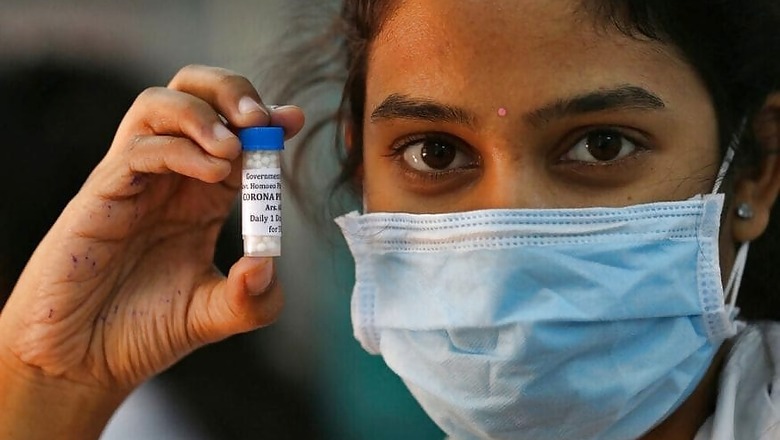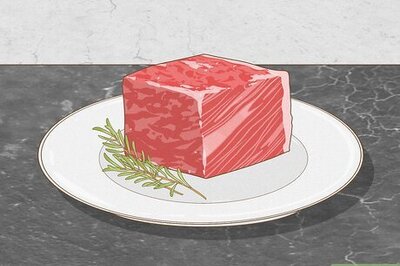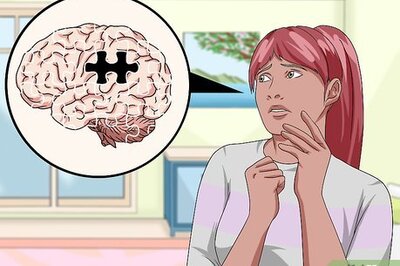
views
New Delhi: The government has tightened the export ban norms on anti-malarial drug hydroxychloroquine by including special economic zones (SEZs) under its prohibition ambit to ensure there is no shortfall during Covid-19 crisis.
The drug is also not allowed to be shipped by export oriented units (EOUs) or under any export promotion scheme.
“The export of hydroxychloroquine and formulations made from hydroxychloroquine...is no longer allowed from SEZs/EOUs or against Advance Authorisation or against full advance payment...The export shall remain prohibited without any exception," the directorate general of foreign trade (DGFT) has said in a notification.
Under advance authorisation (AA) scheme, firms are allowed to import raw material at zero duty but with the condition of export obligation within a certified time frame. SEZs are treated as foreign territory in terms of customs laws.
Normally export ban or restrictions imposed by the government does not apply on these zones as well as EOUs, which are specially meant to promote outbound shipments from the country.
In the case of export restrictions imposed on certain APIs and formulations, the government clarified that these curbs would not be applicable for units in special economic zones (SEZs).
Exporters availing AA scheme benefits too get these exemptions. But now the government has decided to include all this under the ambit of export ban due to the outbreak of coronavirus and increase in demand for this medicine.
The move assumes significance as Indian Council of Medical Research (ICMR) had recommended the use of hydroxychloroquine for treating healthcare workers handling suspected or confirmed coronavirus cases and also the asymptomatic household contacts of the lab-confirmed cases.
On March 25, the government banned export of anti-malarial drug hydroxychloroquine with immediate effect to ensure sufficient availability of the medicine in the domestic market.
In that notification, the DGFT had stated that export will be permitted from the SEZ and EOUs and in cases where the outbound shipment is made to fulfill export obligation under any advance authorisation license issued on or before the date of this notification, which is March 25, 2020.
With US President Donald Trump describing hydroxychloroquine as a "game changer" in the fight against Covid-19 and several countries, including India, approving it for emergencies, pharmacies are reporting a surge in demand for the drug yet to be proven as a cure for the virus.
Over the last few weeks, India has banned exports of host of medical devices, including sanitiser, all types of ventilators and surgical masks.
There is a shortage of hand sanitiser and face masks in the market amid the coronavirus outbreak as people resorted to panic buying.


















Comments
0 comment